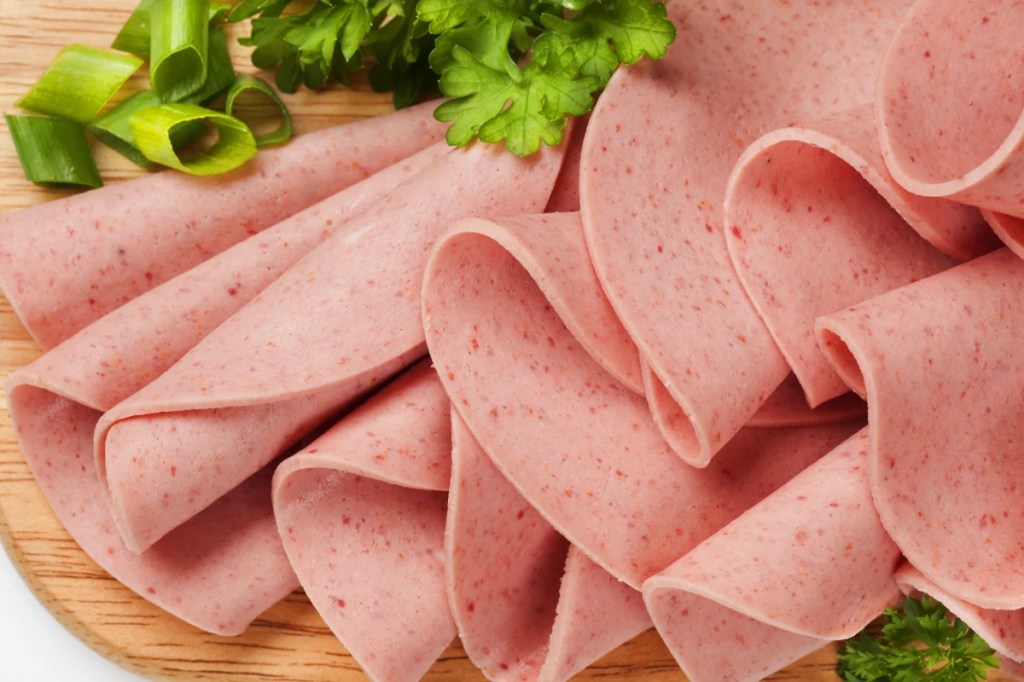There is no short yes or no answer to whether dogs can eat bologna safely. While bologna might not technically be classified as poisonous to dogs, it’s a food that’s high in fat and high in sodium.
If your dog manages to eat a lot of bologna, you should call your veterinarian for advice. Here’s what you need to know about bologna and dogs.
Is bologna safe for dogs?
Technically, bologna is safe for dogs in moderation, but shouldn’t be given as a regular treat. If you happen to be making a bologna sandwich for yourself and your dog seems to want to get in on the action, it’s okay to give them a bite or two of bologna on an occasional basis.
Bologna is a meat product that is not classified as being toxic for dogs. It can provide your dog with a decent amount of protein, and protein should make up a key component of your dog’s daily nutritional needs.
Why is bologna bad for dogs?
The main problem with serving bologna to your dog is that it contains high levels of sodium and fat. Consuming too much sodium can lead to issues like heart disease and high blood pressure. In some cases, if a dog eats too much sodium it can bring on a case of salt poisoning.
If you see your dog vomiting, experiencing diarrhea, or drinking lots more water than usual after they have consumed a lot of bologna, then there’s a chance they may have salt poisoning.
In terms of bologna being a high-fat food, this could result in your dog becoming overweight. Canine obesity is a condition that can result in a number of medical issues, including pancreatitis. Additionally, commercially produced bologna often contains additives and preservatives that could harm your dog over time.
So while bologna isn’t something your dog must avoid at all costs, there are much healthier meat-based alternatives that you could consider adding to their diet.









